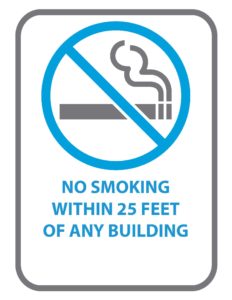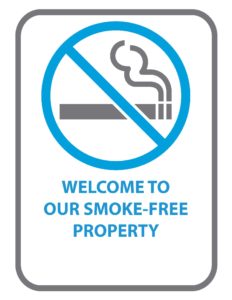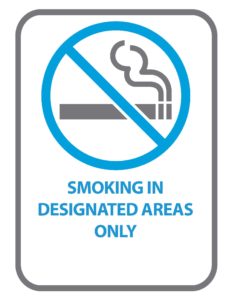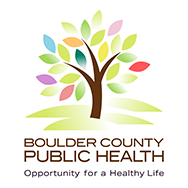
Participating Vape Disposal Locations
Boulder County, City and County of Broomfield, and Town of Erie residents can dispose of vape waste for FREE at participating Vape Aware locations. Visit the interactive Vape Aware GIS map to find a location near you.
Accepted items are:
- Disposable devices
- Cartridges and pods
- Batteries
- E-liquid
THC devices are not accepted.
Health Risks
There are no e-cigarettes or vaporizers on the market that the FDA has approved to help people quit tobacco. Though they may help some adult smokers transition from cigarettes, they are not intended for use by youth. While Boulder County strives to support youth in making healthy choices, the county still experiences high rates of youth vaping.
Research on the long-term health effects of e-cigarettes is still emerging, but there are plenty of short-term risks to consider. E-cigarettes increase blood pressure, cause respiratory issues and diseases, can addict non-tobacco users to nicotine, affect the developing brain, and expose bystanders to secondhand smoke.
Environmental Risks
Because vape devices contain numerous hazardous components, including heavy metals, lithium-ion batteries, microplastics, and toxic chemicals, vape-related litter can cause significant environmental damage. If improperly disposed of:
- E-liquid cartridges can leak nicotine into the environment. Nicotine is considered an acute hazardous waste, meaning that even in small doses, it may be lethal to humans, rats, or other animals.
- The heavy metals and acid found within these batteries are not only corrosive to the environment but also toxic to living beings.
- While rare, batteries from vape devices can explode, posing a serious risk of injury.
- Read The Truth Initiative’s full report on the harms vape devices pose to our planet.
These devices pollute our public lands, harm wildlife, and contaminate our drinking water. You can help protect our community by disposing of these devices properly.
Safe Storage and Handling
Tips for safe storage and handling of vape devices:
- Keep devices and liquids out of harm’s reach when not in use. Consider keeping devices and components in a plastic container to avoid nicotine spillage.
- Ensure all tops and lids are secure.
- Keep loose batteries in a plastic case to prevent them from coming into contact with metal objects.
- If devices are leaking, place them in a resealable plastic bag.
- Call the Rocky Mountain Poison and Drug Center at 800-222-1222 if a child or pet swallows e-liquid or chews on a cartridge.
Proper Disposal
Currently, there is no standardized method for recycling e-cigarettes in the country. However, for the sake of the environment and public health, e-cigarettes and e-liquids should be disposed of properly. While very little information exists on how to properly dispose of these items, and there are few resources to help consumers make responsible disposal choices, Boulder County’s Hazardous Materials Management Facility will safely and free of charge dispose of these devices for Boulder County residents.
- Due to the complex nature of these devices and the hazardous materials they contain, they must be disassembled, and each part must be handled and disposed of separately. HMMF has a team dedicated to ensuring the proper handling of these materials.
- Residents can bring nicotine-only devices and e-liquids to HMMF directly for safe disposal.
- Residents can also check out our list of partner vape stores here (link to partnership list and/or disposal map) to find a shop near you that accepts vape waste.
- Partnerships with Ridwell and Happy Beetle help make our vape shop partnerships possible. These companies pick up hard to recycle materials (like your vape devices!) from participating local businesses and deliver them directly to HMMF, saving you the trip!
Keeping the environment clean in partnership with Ridwell.









Social Determinants of Health
Many causes of tobacco use and factors determine what makes someone more likely to use tobacco products, many of which are determined by where someone lives and what environmental factors are at play. In public health, we refer to these as social determinants of health. Although there are many factors at play regarding tobacco use, the social determinants of health that we address as a program are mental health and housing insecurity.
The Tobacco Education and Prevention Partnership believes that to achieve sustainable change in tobacco use, we must address the root causes of use, which is why our work focuses on addressing the social determinants of health. The social determinants we have chosen to focus on are those most relevant to the Boulder County community, based on localized data and engagement with individuals with lived experience.